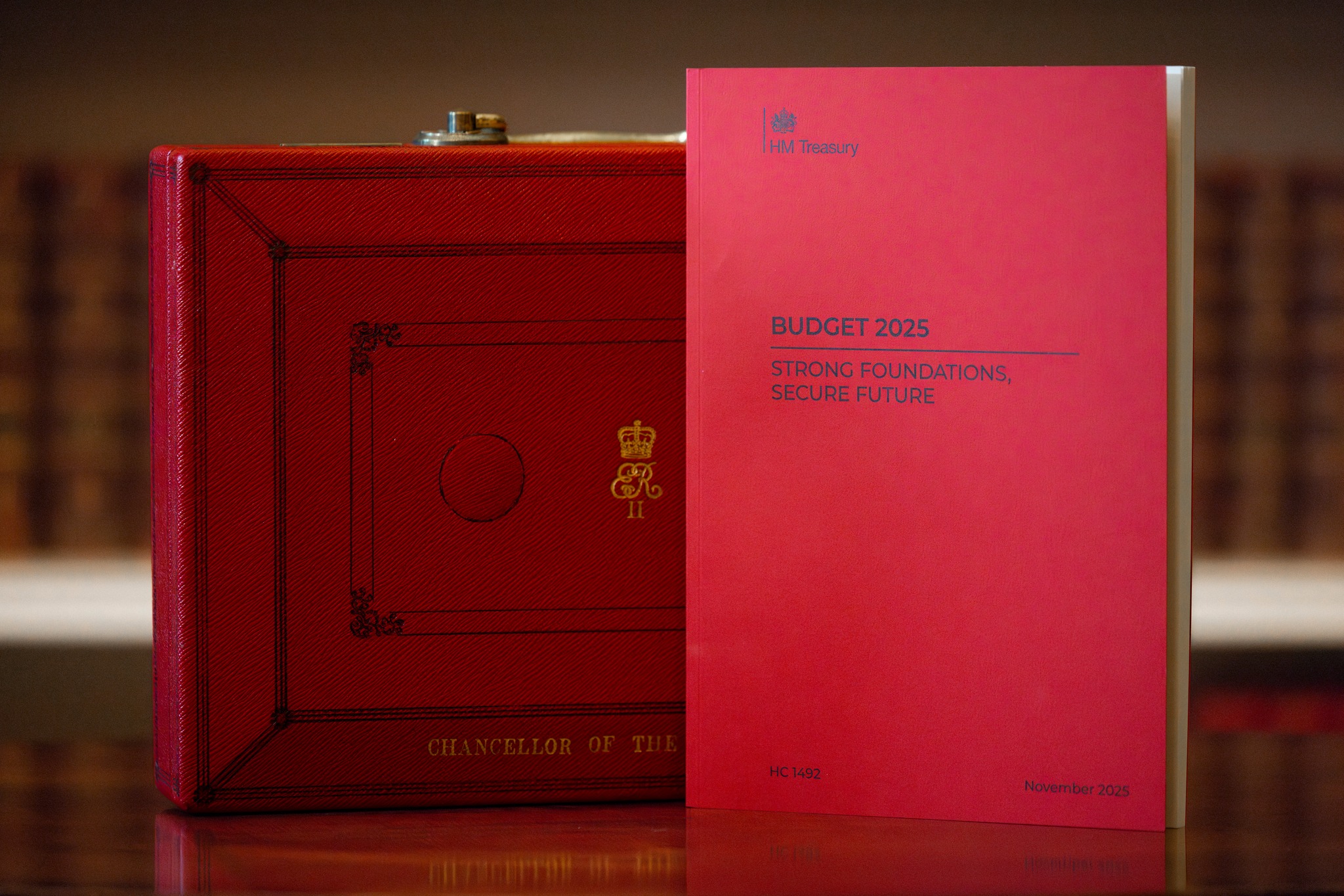Rapid, disruptive change is happening across all areas of commercial activity. As such, tax relief for R&D has never been more relevant for companies large and small. Tax relief was introduced to encourage companies to spend more on research and development. But the uptake has been relatively inconsistent up to now.This is largely due to mistaken or wilfully inaccurate information. As was the case with PPI, there are some dubious advisers on the net, mislabelling what constitutes R&D. Small and medium-sized businesses wanting to make modest R&D tax credit claims are particularly vulnerable. These last are often advised to claim for less than what is due. So, what is likely to happen to the market for R&D tax incentives over the next ten years?
The global rise in R&D activity
The EU, North America, and Asia account for the lion’s share of spending in R&D - over 90%, in fact. Their spending has been relatively modest in relation to total turnover in the last ten years. But the breakneck drive towards knowledge management and innovation means this amount is going to increase dramatically. There are three primary reasons for this;
- The global horizons for research are expanding by the month. There is an increasing commitment to science and technology. Hence, there’s a need for companies to invest more in R&D to deliver on potential areas and activities.
- The advent of Industry 4.0 means transformational innovation in many sectors, driven by social and technological factors. R&D is critical to this success. And although there is a certain caution in not overspending, the ability to scale up or down encourages R&D spending.
- The global rise in R&D activity is uneven and could lead to partnerships that are driven by geographical location. There are distinct signs that southern hemisphere-led programmes and research management are creating new kinds of alliances. These are among companies from diverse parts of the world. Additionally, resources for R&D are tending towards joint or consortium-led funding, especially between academic institutes and industry.
Big fish and small fish
In the UK, large corporations represent less than 10% of all R&D tax credit claimants. But they consume just under half the money awarded by the government. This is natural in many ways – these corporations have a larger cost base than SMEs. Nevertheless, it underlines the importance of ensuring that all businesses eligible to make a claim do so. Most importantly, they need to receive the credits due to them.
Operational drivers for R&D funding
Change may not necessarily be transformative. Many businesses are ploughing money into aspects of their operations where efficiency can be enhanced by newly discovered practices.
- Processing methods may be changing, which can optimise how new equipment and components are integrated into existing systems
- The consistency of product output is being improved (especially in the food processing industry) by the development of innovative workplaces. Moreover, shortages in ingredients or components can mean supply chain variability. These companies usually operate on a large scale, hence the need for higher expenditure on R&D.
- The urgent need to adapt to more sustainable practices means a need to develop more efficient and cost-effective methods. These will help deal with resource management, reuse and waste disposal.
As we can see, there is bound to be an increasing cost base in R&D, both in the UK and globally. Governments unable to (or not willing to) offer tax breaks for funding will inevitably fall behind in competitiveness. Those countries will find it increasingly difficult to attract inward investment. In the next decade, it’s essential that governments show a willingness to reward those who invest in innovation, renewal and knowledge management. They should also ensure the playing field is level when it comes to making legitimate R&D claims for tax relief.
FAQs

Can we help your business?
Book a free consultation with our expert R&D funding advisors today. We specialise in helping innovative businesses like yours unlock millions in government funding, specifically allocated to fuel your innovation. Let us help your business access the support it deserves.








.svg)


